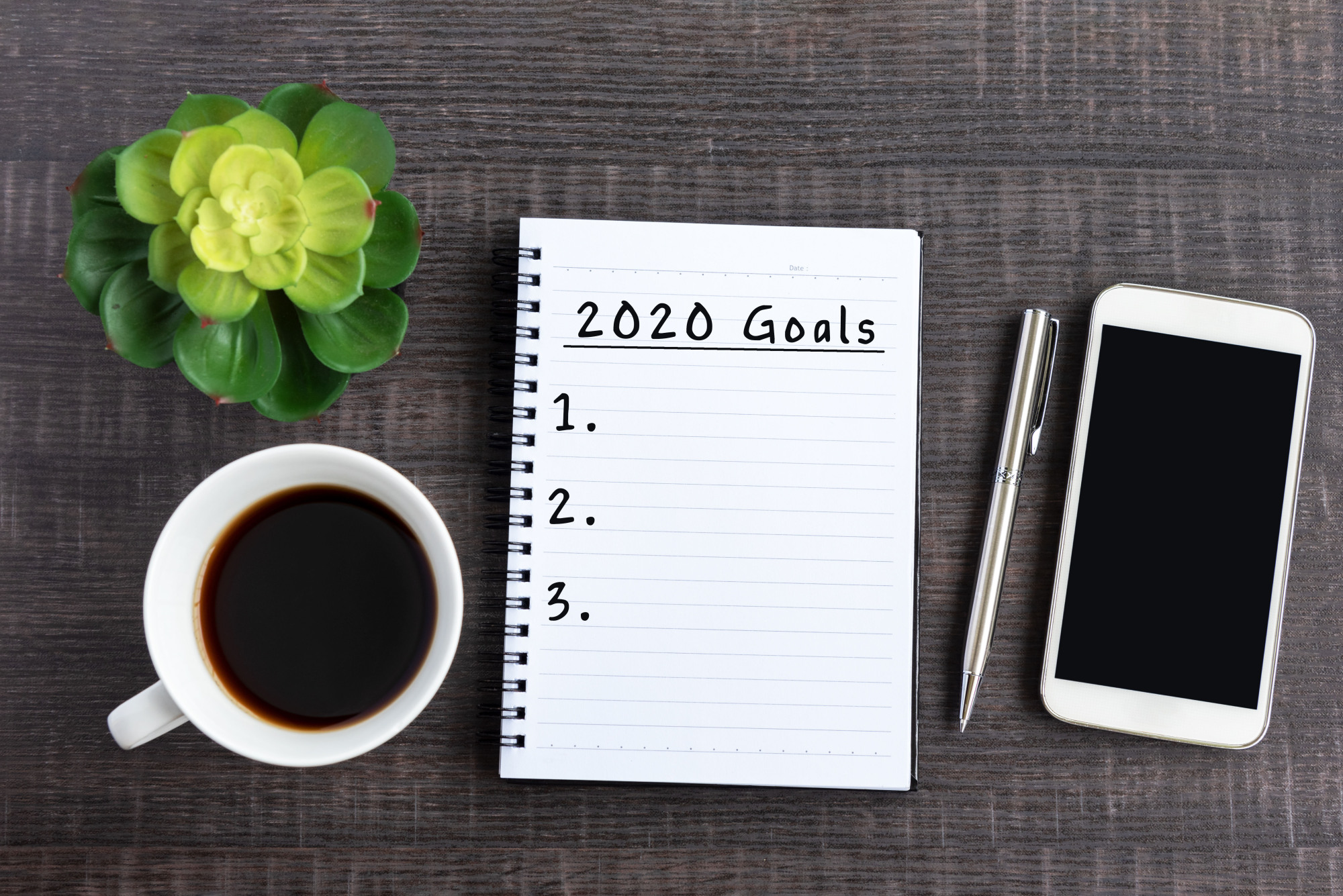Japan may have greeted the first year of the new decade in an upbeat mood as it prepares to host the 2020 Olympics and Paralympics — events that, since the nation won the right in 2013 to host the summer games for the first time in more than half a century, have been much anticipated to once again boost the nation's image on the global stage.
The Rugby World Cup held here last year — to much greater enthusiasm at home and leaving a better impression throughout the world than expected — has added to such hopes. The cheering crowd of well-wishers for the new emperor and empress during the New Year's holidays also appeared to represent people's hopes for the new era of Reiwa.
Despite the positive tone for the new year, Japan at the outset of the 2020s is confronted with myriad problems. The nation is far behind others in the digitalization of society, corporate human resources practices are outdated amid the rapid aging of society and steep declines in the working-age population, and labor productivity remains persistently low despite the slogan of "work-style reforms." Its education system is not offering the knowledge and skills required for the new decade.

















With your current subscription plan you can comment on stories. However, before writing your first comment, please create a display name in the Profile section of your subscriber account page.